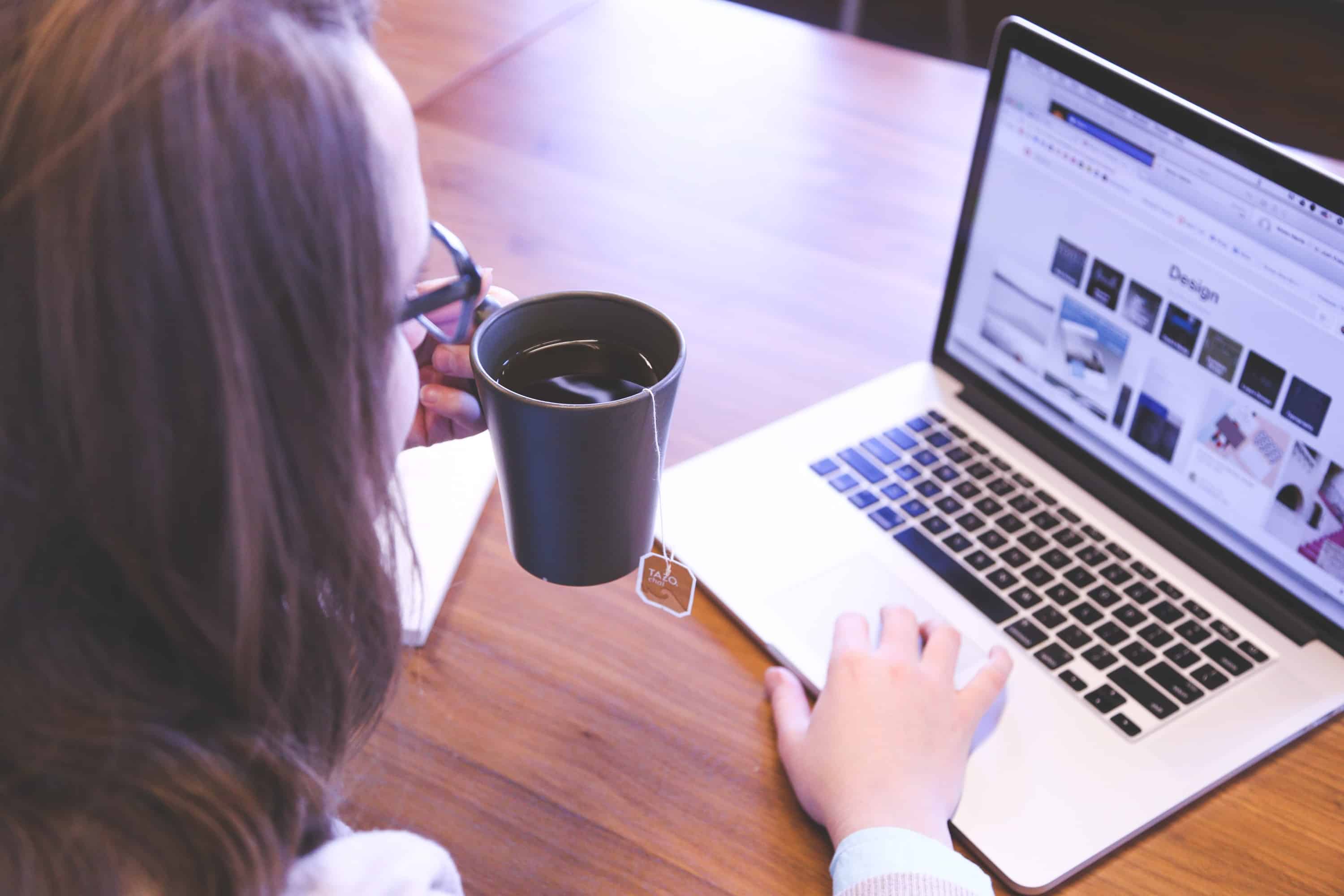A new study reveals that bringing work home with you — aka “work-creep” — could be the reason why you’re tired and stressed.
This new research comes from the University of South Australia and reveals something that’s probably not that surprising for most: Working after hours (answering emails, checking texts from colleagues, or hopping on the laptop for a few minutes) affects your quality of sleep, ability to relax at night, and energy levels the next day.
These findings come from a series of questionnaires sent to 230 healthcare workers over the span of two years. Many of the questions were centered around what the employees did after work; did they hop back into job-related activities, or did they do chores, exercise, watching TV, or go out with friends? Subsequent queries focused on self-evaluating stress levels, sleep behaviors, and emotional states.
The analysis showed that doing work-related activities after hours was connected to stress, poor sleep, and emotional detachment. On the flip side, cooking, spending time with family, and yep — even chores — led to better sleep.
“These latter activities are both resource-depleting and enhancing, helping to both disengage from the job and get a better night’s sleep,” lead researcher Prof Jan de Jonge said in a statement.

Out of Office — But Actually…
Study co-author Maureen Dollard says her team’s findings aren’t only important for employees, but include important takeaways for employers, too. She explains:
“Managers need to create a climate in which working beyond regular hours is not ‘business as usual’ as taking work home impedes cognitive function and productivity. Both managers and employees should find creative ways to accomplish job demands within regular work hours.”
Americans are working … a lot. In fact, the U.S. is considered one of the most overworked developed countries across the globe, where up to 85 percent of all employees are clocking in over 40 hours a week. Paid time off and sick days are scarce compared to other parts of the world, while technology is transforming our idea of “the office” — making it easier than ever to access our jobs outside of cubicles and conference rooms.
Some employers are stepping up their workplace wellness. Businesses are beginning to reward its workers for their sleep, while others are providing employees with integrated sleep tools designed to increase productivity.
Still, it’s important to emphasize that when we’re physically out of the office, we’re no longer in reach. While small emergencies are bound to happen every now and then, focus on making time for family, food, and leisure. And that work email you didn’t have time to send by end of day? Don’t worry. There’s always tomorrow.
